Navigating Collision Center Warranty Disputes: Consumer Rights Explained

Collision center warranties provide auto repair protection for body work and dent removal, with deta…….
In today’s automotive industry, where safety and quality are paramount, the collision center warranty plays a pivotal role in ensuring vehicle owners receive reliable repairs and peace of mind post-accident or damage. This article delves into the intricate world of collision center warranties, exploring their function, impact, and evolution within the global automotive ecosystem. By understanding this critical component of the automobile service sector, businesses and consumers alike can navigate the aftermath of collisions with increased confidence and awareness.
Definition: A collision center warranty is a type of extended service contract offered by automotive repair facilities or insurance companies, specifically tailored to cover the costs of damage repairs following vehicle accidents. It provides financial protection and peace of mind for owners, ensuring that the burden of unexpected repairs does not strain their budgets.
Core Components:
Coverage: Typically, these warranties cover a wide range of collision-related damages, including fender benders, major crashes, and even natural disasters like storms or floods. They may include parts replacement, labor fees, and sometimes even additional services like rental car assistance during the repair process.
Duration and Limits: Collision center warranties can be offered on a per-incident basis or as a long-term coverage option. The duration varies, with some policies valid for several years after the initial repair. Limits on coverage amounts, deductibles, and exclusions (e.g., pre-existing damage) are also defined terms in these contracts.
Claim Process: When a collision occurs, vehicle owners can file a claim with their insurance provider or the collision center directly. The warranty company assesses the damage, authorizes repairs, and pays for the necessary work up to the policy limits. Proper documentation, including estimates and repair orders, is crucial for seamless claim processing.
Historical Context:
The concept of collision warranties has evolved over several decades, driven by increasing motor vehicle ownership, complex auto repair procedures, and growing consumer demand for financial protection. In the early 20th century, as cars became more affordable and common, the need for affordable repairs and protection against unexpected costs became apparent. Over time, these warranties have become a standard feature in many automotive services, reflecting the industry’s commitment to customer satisfaction and retention.
The reach of collision center warranties extends far beyond national borders, with significant global implications:
International Travel and Mobility: In countries where cars are primary modes of transportation for international travel, such as the United States, Canada, and parts of Europe, collision warranties offer valuable coverage to tourists and expatriates. These policies ensure that visitors can navigate unfamiliar roads with reduced financial risk in case of accidents.
Regional Disparities: However, there are notable disparities in the adoption and regulation of collision center warranties across regions. For instance, North America has a robust warranty culture, while some Asian countries have more informal systems, relying on traditional insurance models or direct out-of-pocket payments for repairs.
Emerging Markets Growth: In rapidly developing economies, the demand for affordable collision warranties is rising. As middle classes expand and car ownership increases, consumers seek financial protection against the often high costs of auto repairs in these regions.
Digital Transformation: The digital age has transformed how collision warranties are purchased and managed. Online platforms offer convenient access to policies, claims processing, and policyholder information, enhancing customer experiences. Mobile applications further enable real-time tracking of claim status and repair progress.
Collision center warranties have a significant economic impact, influencing both the automotive service industry and consumers’ financial behaviors:
| Economic Aspect | Description |
|---|---|
| Market Dynamics | Collision warranty providers operate in a competitive market, with varying policy offerings, pricing structures, and customer retention strategies. The demand for these warranties is influenced by factors like regional accident rates, vehicle ownership density, and consumer perception of risk. |
| Investment Patterns | Insurance companies and automotive service chains invest heavily in collision centers equipped to handle complex repairs, which justifies the need for comprehensive warranties. These investments often drive technological advancements and training programs within the industry. |
| Consumer Behavior | Collision warranties offer psychological security, encouraging drivers to address maintenance issues promptly and adhere to safety standards. This behavior can lead to improved road safety and reduced accident rates over time. |
| Economic Benefits | For consumers, collision warranties provide financial predictability, preventing unexpected costs from overwhelming household budgets. Businesses benefit from higher customer loyalty and repeat business, contributing to sustained economic growth in the automotive sector. |
Technological innovations have revolutionized collision center operations, directly impacting warranty offerings:
Advanced Diagnostic Tools: Modern diagnostic equipment enables technicians to identify complex issues with precision, ensuring repairs are done efficiently and accurately. This technology is crucial for accurate claim processing under warranties.
Computer-Aided Design (CAD) and 3D Printing: CAD systems facilitate precise body shop repairs, allowing for exact replacements of damaged parts. Additionally, 3D printing technology offers cost-effective solutions for rare or discontinued parts, expanding warranty coverage options.
Internet of Things (IoT) Devices: IoT sensors embedded in vehicles can monitor safety and maintenance data, providing real-time insights to collision centers. This data enables proactive repairs, reducing the likelihood of future accidents and improving warranty claims management.
Virtual Reality (VR) Training: VR technologies offer immersive training experiences for technicians, ensuring they stay up-to-date with the latest repair techniques. This advanced training directly contributes to higher quality repairs, enhancing customer satisfaction and warranty validity.
Government regulations play a vital role in shaping the collision center warranty industry:
Consumer Protection Laws: Many countries have implemented consumer protection legislation that mandates fair business practices and transparent pricing for collision warranties. These laws ensure that customers are not exploited and receive clear information about their rights and obligations.
Industry Standards and Certifications: Organizations like the International Association of Automotive Manufacturers (IAAM) and regional equivalents set industry standards for collision repair processes, training, and quality assurance. Certified collision centers adhere to these standards, enhancing consumer confidence in warranty coverage.
No-Fault Insurance Systems: Some regions have adopted no-fault insurance models, where accident victims can file claims with their insurance providers regardless of fault. This system influences collision warranty offerings as insurers may incorporate repair costs into policy structures or offer separate warranties.
Data Privacy and Security: As collision centers collect sensitive customer data during claim processing, regulations like GDPR (General Data Protection Regulation) in Europe dictate how this data can be stored, shared, and protected. Compliance ensures consumer privacy and builds trust.
Despite its numerous benefits, the collision center warranty industry faces challenges that require strategic solutions:
Fraud and Abuse: Collusion between repair facilities and insurance providers or dishonest claims can erode public trust in warranties. Implementing robust anti-fraud measures, including data analytics and advanced claim assessment tools, is crucial to combat these issues.
Coverage Misunderstandings: Complex policy terms and exclusions often lead to customer confusion. Simplifying language, providing clear visual representations of coverage, and offering personalized guidance during the purchase process can address this challenge.
Limited Access in Rural Areas: In regions with sparse collision centers or limited insurance availability, residents may face challenges accessing collision warranties. Expanding digital services and mobile claim processing solutions can mitigate this issue, ensuring broader accessibility.
Environmental Concerns: The environmental impact of vehicle repairs is a growing concern, especially regarding waste management and recycling practices. Collision warranty providers can contribute to sustainability by encouraging eco-friendly parts sourcing, repair techniques, and disposal methods.
Japan boasts one of the world’s most advanced collision center warranty systems, driven by a culture of quality and customer satisfaction. The Japanese government, in collaboration with the automotive industry, developed a comprehensive warranty program that covers not only collision repairs but also regular maintenance and replacement parts. This holistic approach has significantly reduced out-of-pocket expenses for owners and fostered a reputation for reliable service.
In the United States, many insurance companies have implemented Direct Repair Networks (DRN), which partner with pre-approved collision centers to streamline claim processing and repair costs. This model enhances customer convenience, as policyholders can choose from a network of trusted facilities. The DRN approach has also improved repair quality and reduced fraud by implementing standardized processes and inspections.
Scandinavian countries have embraced digital transformation in the collision warranty sector. A prominent Swedish insurance provider introduced an app-based collision warranty that allows users to file claims, track repairs, and access real-time updates on their vehicles’ status. This innovative approach has enhanced customer engagement and reduced administrative burdens for both customers and providers.
The collision center warranty industry is poised for significant growth and evolution in the coming years:
Digital Transformation Continues: Advanced digital platforms will facilitate seamless policy management, claims processing, and remote diagnostics, enhancing customer experiences. Blockchain technology may also emerge to ensure secure data sharing and streamline claim settlements.
Personalized Warranties: With evolving consumer preferences, collision warranty providers are expected to offer more tailored policies based on individual driver profiles, vehicle types, and usage patterns. This personalization can include dynamic pricing models that reflect real-time risk assessments.
Integration with Autonomous Vehicles: As autonomous driving technology advances, collision warranties may need to adapt to new challenges and opportunities. Issues like liability in autonomous accidents and the potential for reduced accident rates will shape future warranty offerings.
Sustainability Focus: Environmental concerns will drive innovation in eco-friendly collision repairs, including the adoption of green materials, efficient energy usage, and recycling practices within repair facilities. Collision warranties may include incentives or discounts for customers opting for these sustainable options.
Collision center warranties are an essential component of modern automotive services, offering peace of mind and financial protection to vehicle owners worldwide. As technology evolves, regulatory frameworks adapt, and consumer expectations shift, this industry will continue to play a pivotal role in shaping the post-accident experience. By embracing innovation, addressing challenges head-on, and prioritizing customer needs, collision center warranties can ensure a secure and reliable future for all road users.
Q: What is covered under a typical collision center warranty?
A: A collision center warranty typically covers damage repairs resulting from accidents, including parts replacement, labor fees, and sometimes additional services like rental car assistance. Specific coverage may vary based on the policy and provider.
Q: How do I know if my collision repair shop is reputable?
A: Look for certification from recognized automotive organizations, positive customer reviews, transparent pricing, and clear policy terms. Reputable shops should also offer warranty information and provide post-repair quality assurance.
Q: Can I transfer a collision warranty to another vehicle?
A: Transferability varies by provider and policy terms. Some warranties allow transfers for a fee or under specific conditions, while others are non-transferable. It’s essential to review the policy documentation for details.
Q: What should I do if my collision warranty claim is denied?
A: If a claim is denied, review your policy and understand the reasons for denial. Contact your provider to discuss options, provide additional information, or appeal the decision. Keeping detailed records of communications and supporting documents can be beneficial.
Q: How does a collision warranty differ from traditional auto insurance?
A: Traditional auto insurance typically covers liability, collision damage (with deductibles), and comprehensive losses. In contrast, a collision center warranty provides more focused coverage for repair costs up to specific limits, often without the need for a deductible.

Collision center warranties provide auto repair protection for body work and dent removal, with deta…….

Collision center warranty agreements detail the terms under which centers provide bodywork services,…….
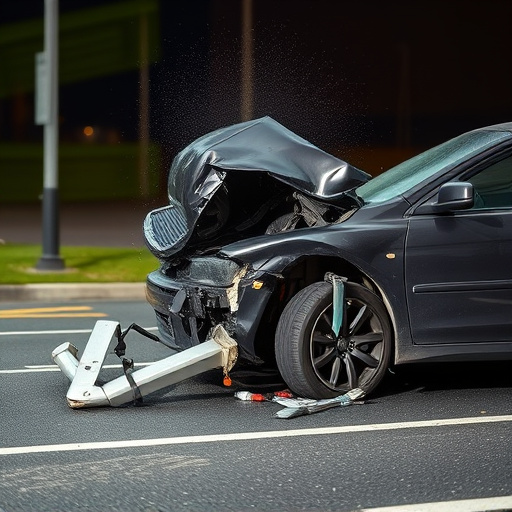
A collision center warranty protects customers from unexpected costs after accidents, covering genui…….
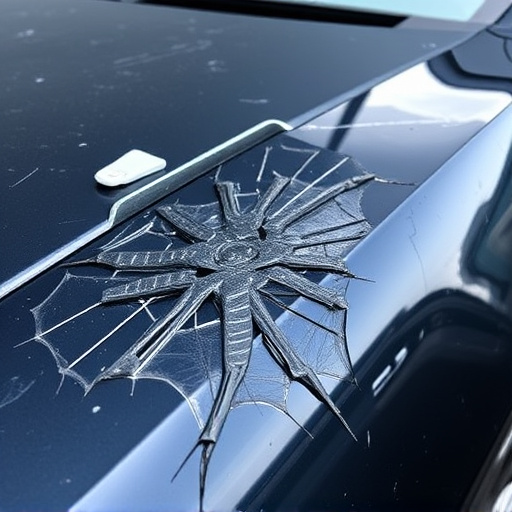
Collision center staff act as guides, explaining complex warranties to customers, covering repair co…….
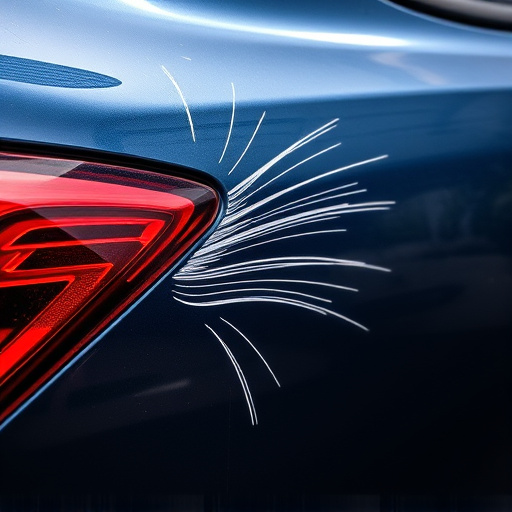
Collision center warranty processes ensure quality and client trust through transparent assessment,…….
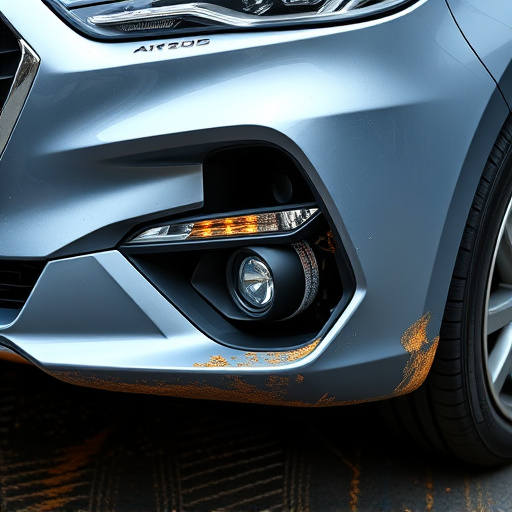
New customers at collision centers seek aesthetics and structural integrity guarantees after acciden…….
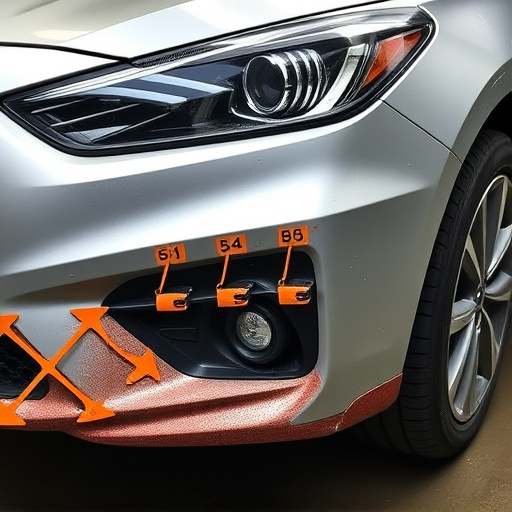
The collision center warranty is a vital, often overlooked aspect of automotive services, protecting…….
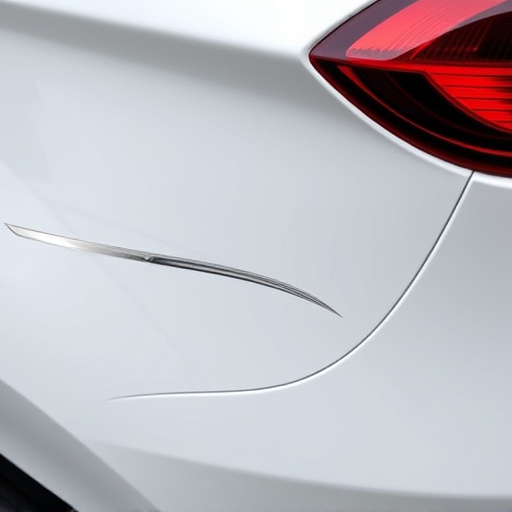
A collision center warranty offers car owners peace of mind after an accident, guaranteeing high-qua…….
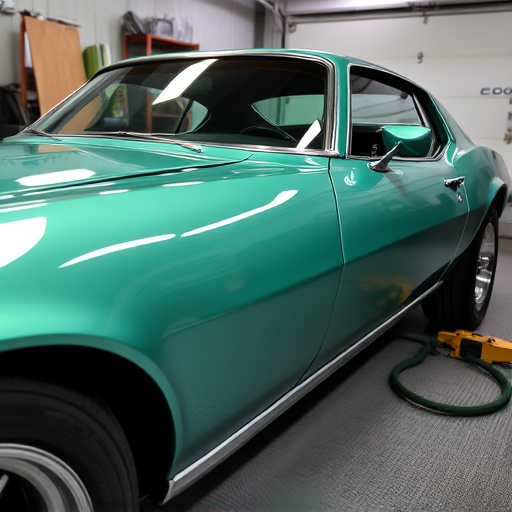
Collision center warranties are essential for building customer trust by guaranteeing structural and…….
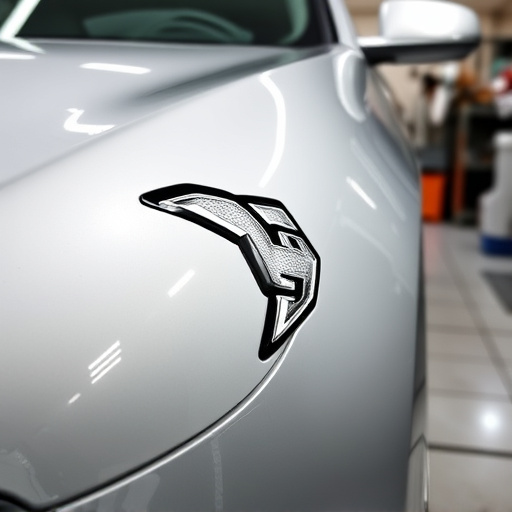
Specialized handling of collision center warranty claims requires understanding claim nuances, inclu…….